The views expressed in our content reflect individual perspectives and do not represent the authoritative views of the Baha'i Faith.
Today, if you want to become a Baha’i, you simply accept and believe in the mission and the message of Baha’u’llah. In some countries, you sign a declaration card, so the Baha’is can get in touch and invite you to your community’s events.
Becoming a believer in the Baha’i Faith in the 1950’s, though, took two steps.
I took the first step by declaring my belief soon after I had stirring spiritual experiences at the Australian Baha’i Summer School, but I worried: would I be accepted into the Baha’i community? In those days, with the second and quite formal step, the local Baha’is would interview me to make sure I really understood the Baha’i teachings. Beloved Meg, soon to be my wife, prepared me attentively.
I learned about a simple reason for the unique unity that binds the Baha’i world-wide community together, and guaranteeing it never splits. Called the Covenant, it stipulates the passage of authority from Baha’u’llah, to Abdu’l-Baha, then to Shoghi Effendi, the Guardian of the Faith, and finally to the democratically-elected Universal House of Justice:
Today the dynamic power of the world of existence is the power of the Covenant which like unto an artery pulsateth in the body of the contingent world and protecteth Baha’i unity.
The Baha’is are commanded to establish the oneness of mankind; if they cannot unite around one point how will they be able to bring about the unity of mankind? – Abdu’l-Baha, Selections from the Writings of Abdu’l-Baha, pp. 207-208.
To understand the Baha’i Covenant, I studied the Will and Testament of Abdu’l-Baha, the eldest son of Baha’u’llah, the founder of our faith. The intent of my interview was to make sure I understood the Covenant, and grasped exactly why a true Baha’i would never break its sacred unity:
…it is a basic principle of the Law of God that in every Prophetic Mission, He entereth into a Covenant with all believers — a Covenant that endureth until the end of that Mission, until the promised day when the Personage stipulated at the outset of the Mission is made manifest. – Abdu’l-Baha, Selections from the Writings of Abdu’l-Baha, p. 207.
It was a completely serious rite of passage—but luckily, I passed! I also met Jim, a long-standing and knowledgeable Baha’i, who took me under his wing after I passed the interview.
You may perhaps know Jim better as James Heggie, the author of a valuable concordance of Baha’i writings and other works. But, to me he was just plain Jim—and the truth is, he became my spiritual father.
In my first article in this series, I explained that the accommodation for single men at the Australian Baha’i Summer School was a large, airy tent. We each had a canvas cot as our bed, and shared the use of a nearby outdoor toilet. These were simpler, unadorned times, and I remember them with affection.
Jim’s children were young so his dear wife, Merle, cared for them back in Sydney. This put Jim in the single men’s tent every evening, not too far away from my cot. Bubbling over with questions from each day’s sessions, I could not repress them. Jim and I retired earlier than the other singles and, after showering and changing, turned off our single kerosene lantern. In the pitch darkness of those summer nights I remember pestering Jim with one issue after another, and being at first taken aback by his responses.
Jim would wait until I had finished explaining my latest question, never interrupting me. Then, speaking deliberately, he would say, “What Baha’u’llah says on this is,” and he would offer a quotation he had memorized from the Baha’i writings. Occasionally he would use his own words, but most often not. I found the words he quoted strangely satisfying. I would soak in them for a while and then change to a new topic rather than arguing. An unexpected bond formed that lasted and lasted. Years later, at a memorial service for Jim, I had the honor of remembering him with some words of heartfelt appreciation.
As a young man, Jim had been an axeman in the Canadian forests. Powerfully built, he also had a sturdy and uncompromising character. With Jim, you always knew where you stood. He was a profoundly good man.
I did not know it at the time but, in his eighties, Jim told me there had been only 300 or so Australian Baha’is when I became one of their number. We were smaller than a tribe, more like a good-sized extended family.
Jim had trained himself as a printer when he joined the Faith. He printed its booklets and attended to turning out the occasional documents that were needed for our community life. He taught me to operate the hand-powered duplicating machine installed at the Baha’i national centre, and to use it to print the monthly Bulletin for our Australian community. Many copies went overseas, but most went to local believers. Only a few reams of paper sufficed for the regular monthly print run. You can see the overall scale of our life at that time.
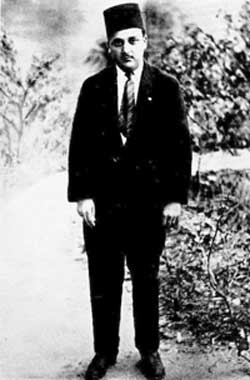
Shoghi Effendi
Our guide and mentor during my first year as a Baha’i was the Guardian of the Baha’i Faith, Shoghi Effendi, the eldest grandson of Abdu’l-Baha. Educated in Lebanon in the English language, he was at Oxford, completing his education at Balliol College when his beloved grandfather suddenly died in 1921. In the Will and Testament mentioned earlier, Abdu’l-Baha named Shoghi Effendi the Guardian of our Faith. In other words, by the time I became a believer in 1957, the Guardian had been established as the intensely loved, wise head of our faith for 36 years. His remarkable letters and cablegrams, his world-encompassing plans and instructions and his books, had directed our affairs and led us for that entire time.
Imagine, then, the catastrophe that Shoghi Effendi’s sudden death on 4th November, 1957 brought upon us. A believer for only six months, I was unprepared for the flood of emotion, the agonized tears, the choked cries that echoed through our Lang Road headquarters. As well as that, there was the immediate existential question: What was to happen now? The Guardian had no children and there was no one else qualified to succeed him by the clear terms of Abdu’l-Baha’s Will. There was only one solution—for the Baha’is worldwide to complete every part of the Guardian’s last global Plan, a mighty Ten Year Crusade. Achieving this would allow the first-ever election of the Universal House of Justice as the permanent head of our faith. The Guardian had already indicated a date in 1963 for the formation of the Universal House of Justice, unequivocally provided for in Baha’u’llah’s book of laws.
Our course for the next six years was set in detail. We just had to get on with it.


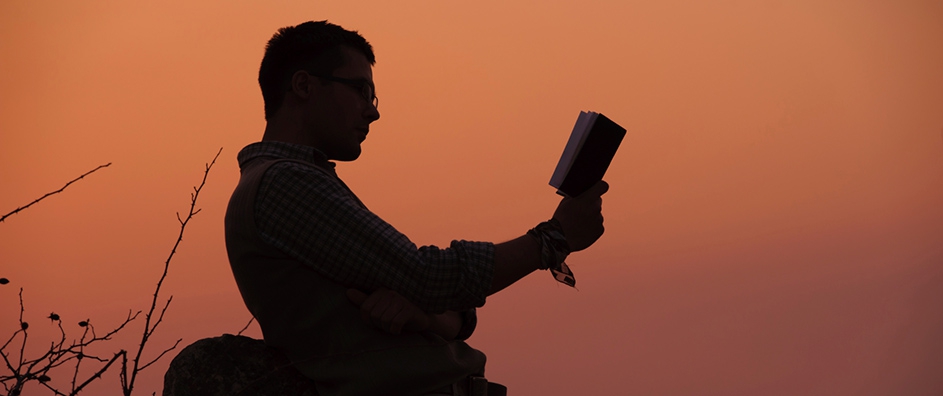



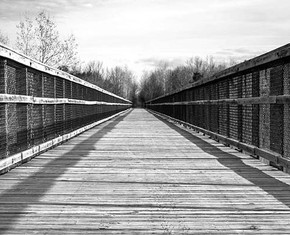
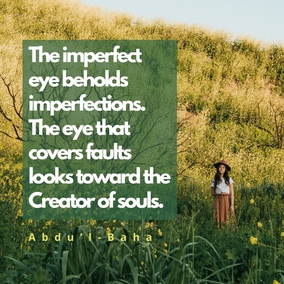
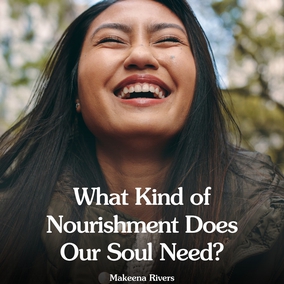







Comments
Sign in or create an account
Continue with Googleor